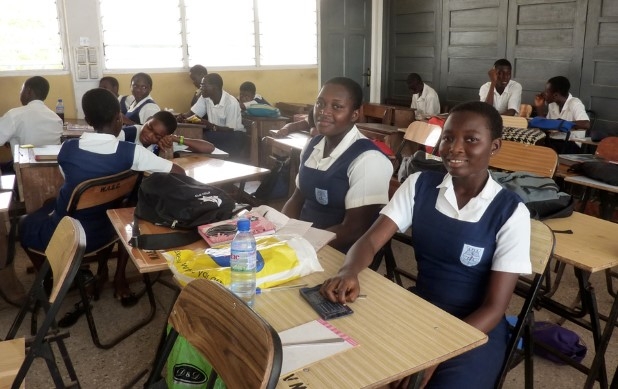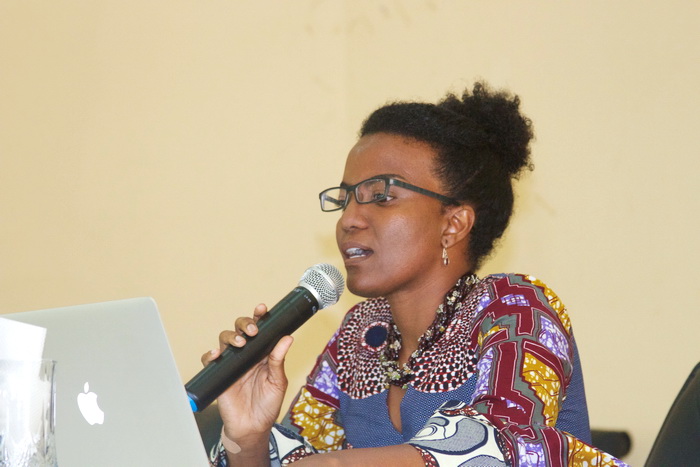
Four-year SHS duration improves exam results but… – ISSER
A shift to the four-year duration of secondary education to improve quality is supported by research, especially if examination results are used as an indicator of quality, according to the Institute of Statistical Social and Economic Research (ISSER) of the University of Ghana.
Advertisement
But a Senior Research Fellow at ISSER, Dr. Nana Akua Anyidoho acknowledged that using examination results as an indicator of quality was “very narrow and very limited.”
In its 2016 Ghana Social Development Outlook, ISSER noted that the four-year system afforded students a better transition from the junior high to the senior high level.
The duration of secondary education is once again up for debate after the Minister for Planning, Dr. George Gyan Baffuor hinted of a possible third review of the duration.
The New Patriotic Party administration under John Kufuor introduced the four-year SHS duration in 2007, however, the National Democratic Congress (NDC) reverted to the three-year system after it regained power in 2009.

Speaking at the launch of the Outlook, Dr. Anyidoho noted analysis of West African Examination Council (WAEC) data indicating that “the four-year duration for senior high schools does produce better examination results, that is if you are using examination results as an indicator of quality.”
She said the analysis “puts this down to the fact that the four-year SHS programme gives SHS students more time to transition and to go through the curriculum before the terminal examination which can take up a large part of the final year of school.”
The research recommended a year-long revision of the Junior High School curriculum at the beginning of SHS for students who need it and an accelerated three-year certificate for students who don’t need the revision.
The report, however, called for a national dialogue on the relevance and direction of the education system.
It particularly advised that the nature and form of tertiary education must be re-examined.
“We make a number of recommendations. Pay more attention to tertiary education. Pay more attention to quality, especially learning outcomes. Pay more attention to equity issues and also have a long-term strategy for education that is relevant to both individuals and national aspirations.”
Credit: Citifmonline.com



